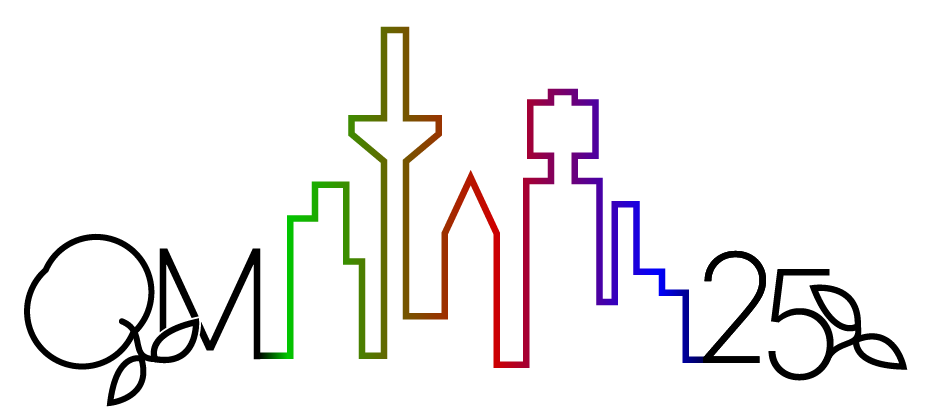Speaker
Description
To understand the surprising accuracy of hydrodynamic predictions for the quark-gluon plasma in heavy-ion collisions, many have turned to studying attractor solutions in the underlying kinetic theory. Aside from experimentally motivated assumptions such as Bjorken flow, ignoring the presence of spatial gradients has often been helpful to facilitate theoretical calculations. We challenge this simplification by introducing spatial transverse gradients in the system, thereby extending the approach of [1], and show how these facilitate the thermalisation of the system by coupling different spherical harmonic modes in momentum space on a new timescale inversely related to the strength of the gradients. We further demonstrate the influence of the gradients on the attractor solutions and relate the dynamics of the system to the eigenspectrum of an effective non-hermitian Hamiltonian.
References: [1] Brewer, Jasmine, Weiyao Ke, Li Yan, and Yi Yin. "Far-from-equilibrium slow modes and momentum anisotropy in an expanding plasma." Physical Review D 109, no. 9 (2024): L091504.
| Category | Theory |
|---|
